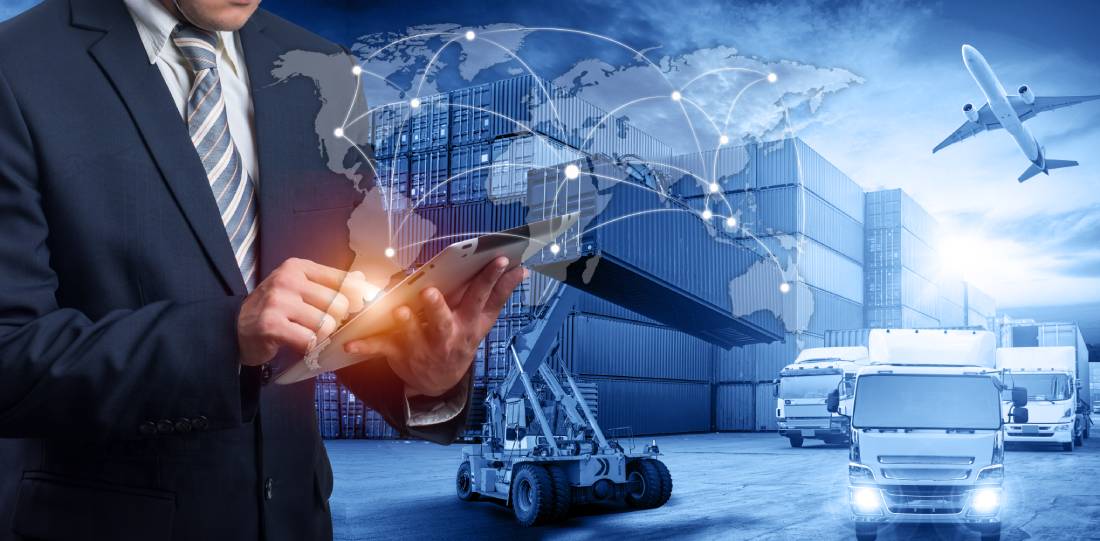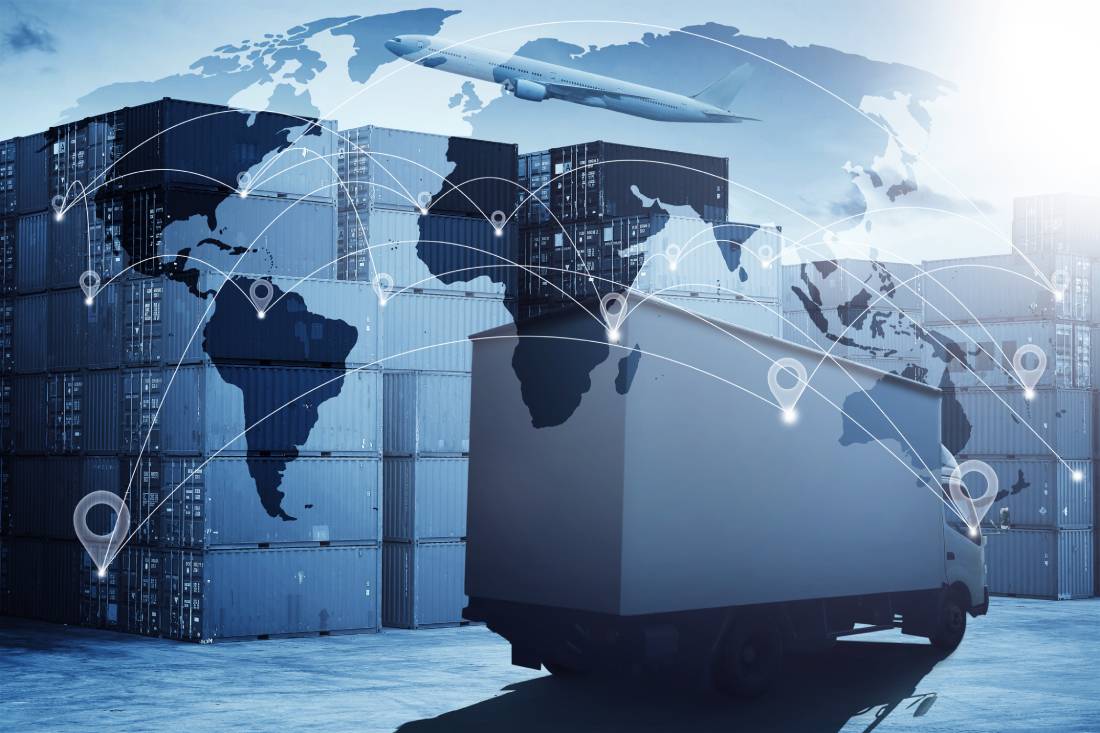Understanding the Vital Role of Global Logistic Transport in Modern Supply Chains
There’s a globalised world now that thrives on inter- and intra-country trade. Even though globalisation has brought in increased demands on cross-boundary production, the movement of these products has made transportation more critical in current supply chains than ever. In fact, efficient transportation systems enable companies to source consumer demands affordably and reliably.
This blog explores the important role of global logistic transport, how it supports supply chains, and its benefits for businesses. We will also discuss some related concepts like global transport and logistics and why partnering with the right global transport service provider is crucial.

What is Global Logistic Transport?
It is the process of moving products across national borders. The entire stages of transportation—shipping, freight forwarding, customs clearance, and final delivery—are included under this process. Whether by air, sea, or land, it involves a vast network that ensures that products reach the destination in time and safety.
As supply chains get complicated and more extensive, businesses are challenged to depend on global transport and logistics to deliver the right products at the right time, within budget, and to the right destination. With regard to the growth of e-commerce and global trade, logistics has also taken centre stage in maintaining a smooth flow across borders.
Global Logistic Transport in Contemporary Supply Chain
1. Developing Global Trade:
International trade is among the leading reasons why global logistic transport is encouraged. Global connectivity helps supply, manufacture, and consume people to have all types of products they want without delay. Whether importing raw materials or exporting finished goods, logistic transport helps bridge gaps throughout the regions, thus allowing businesses to access new markets to enhance their reach. In the absence of an efficient logistics system, businesses will find it challenging to penetrate international markets, which would lead to delays, increased costs, and missed opportunities.
2. Supply Chain Efficiency through Streamlined Transportation
Transportation is the backbone of a reliable supply chain. It ensures that goods reach the distributors, retailers, and consumers from the manufacturers. Timely deliveries and streamlined transportation can reduce lead times, allowing businesses to respond quickly to market demands.
Advanced tracking techniques like GPS and RFID technology allow real-time shipment tracking. A good and efficient global logistic transport system helps businesses maximise inventory, avoid imbalances of stock, and keep costs down.
3. Cost Efficiency and Scalability
It helps companies manage their costs and maximise their supply chain. Consolidation of shipment, bulk transport, and taking up the least cost route all reduce transportation costs. It enables businesses to expand their various operations easily, especially when demand is high. This is because businesses can expand their logistics network and make appropriate adjustments to routes and modes of transport to accommodate higher volumes while maintaining deliveries in good time.
4. Reliable consistency
Today, in this highly competitive market, reliability is the need of the hour. International logistics transport companies ensure that the goods are delivered safely and in time by using multiple transportation modes. They offer support services such as tracking, customs handling, and risk management to ensure that all operations run smoothly from shipping.
The reliability of global logistic transport is important for the satisfaction of the customer and the continuation of business relationships. It can be damaging to the reputation of a company in case of delays or goods damaged, the financial loss can be very costly.
5. Navigating Complex Regulations and Compliance
International shipping also involves complex regulations, including customs procedures, tariffs, and import-export restrictions. A professional provider brings in expertise in dealing with regulatory requirements, ensuring that the goods comply with international trade laws.
Customs brokers are primarily part of a global transport and logistics company, thus ensuring clear customs clearance in order to ensure proper delivery at the right time without wasting their time in an unnecessary way. This automatically reduces chances of penalisation and confiscation while giving time to businesses for other issues in their functions.

6. Providing Support in Integration of Technologies
The transport and logistics industry today increasingly relies on technology. Automation, artificial intelligence, and the Internet of Things (IoT) are changing the supply chain. The technologies can provide real-time data about shipments, enabling better decision-making and predictive analytics.
Global transport services make use of AI in order to optimise routes, predict delays, and dynamically change logistics plans. IoT sensors track the condition of sensitive products and keep them within the specified temperature ranges. Digital solutions help businesses stay competitive and optimise their supply chain operations.
How to Choose the Right Global Logistic Transport Partner
This is where selecting the proper global logistics company for any business engaged in international trade matters. Here are key considerations:
1. Expertise in Your Industry
The best logistics partner offers customised solutions that best cater to your needs—whether handling perishable goods, bulky machinery, or making urgent deliveries.
2. Global Network Coverage
Your logistics partner should have a strong global network with access to diverse transport modes and regional hubs. A well-established global transport and logistics company will have all the relationships with carriers, customs brokers, and suppliers around the world, thereby ensuring smooth movement of your goods.
3. Technological Integration
There are also third-party logistics providers that have efficient tracking systems, inventory management, and communication systems, which allow businesses to gain insights in real-time, thereby getting better prepared to make optimal decisions and being on the lookout for potential problems well before they occur.
4. Cost-effectiveness and Flexibility
While cost is always a concern, it is also wise to assess the value generally being offered by a logistics partner. Flexibility should be sought in scaling the operation and adjusting logistics plans as needed. A quality global transport services provider must optimise your supply chain to yield long-term cost savings.
Conclusion
In conclusion, global logistic transport is an important aspect of modern supply chains because it enables businesses to navigate the complexities of international trade. Through global trade facilitation, streamlined operations, reliability, and navigation of regulatory challenges, global transport and logistics companies help businesses remain competitive and meet consumer demand efficiently. The right logistics partner will optimise the supply chain for businesses, reduce costs, and scale their operations effectively. In the context of international trade, the changing nature demands reliable and adaptable global transport services. Investing in the right logistics provider allows businesses to stay ahead of competition and future-proof their supply chain for success.